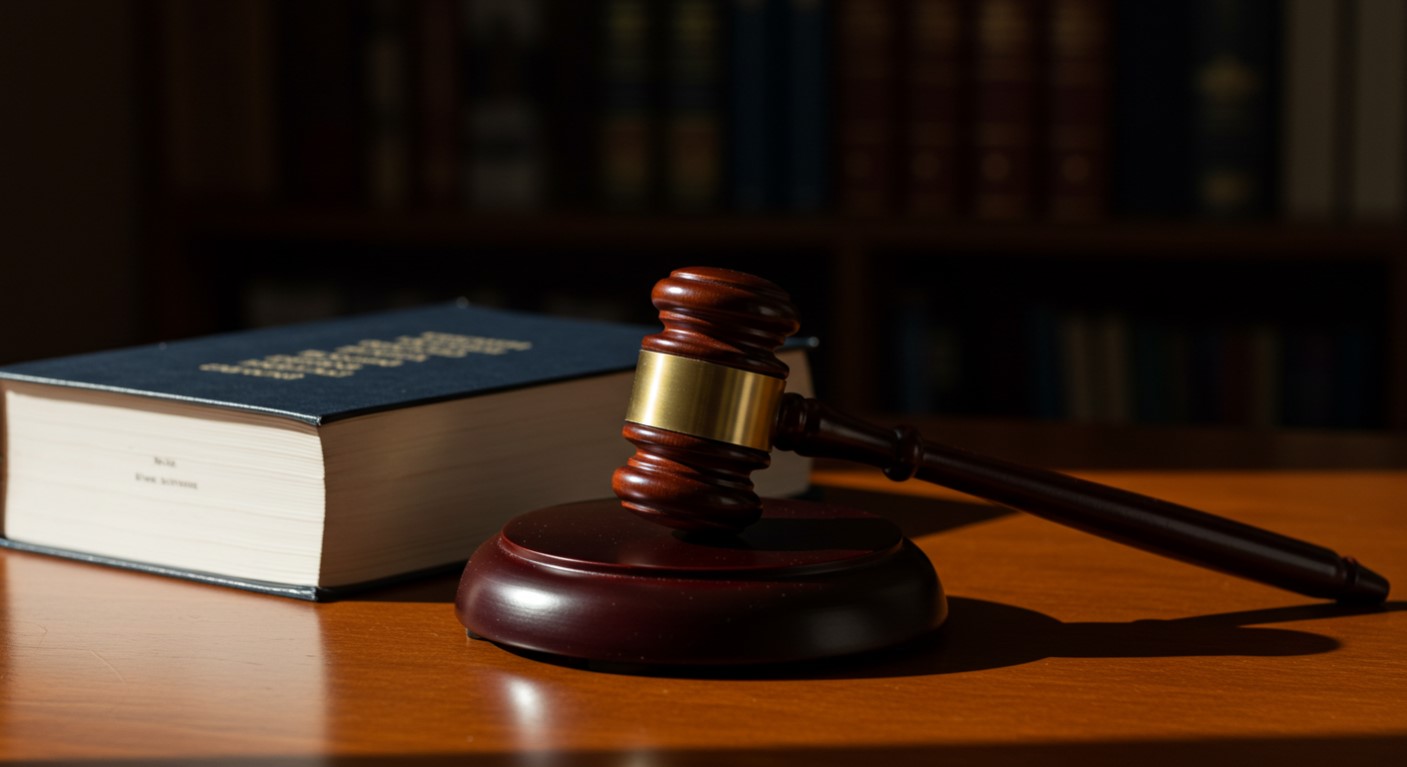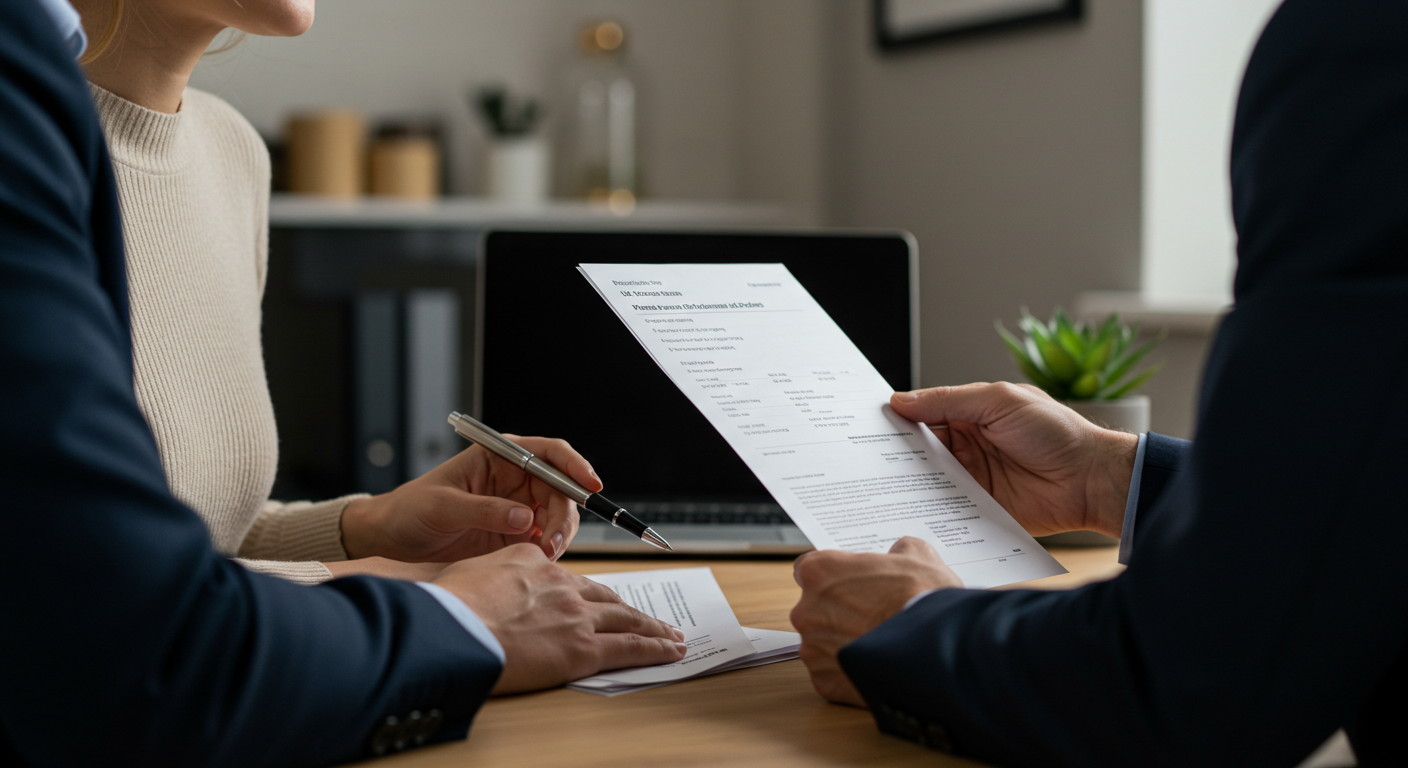Can Alexa from Amazon Be Used as Witness Evidence in a Criminal Case in England?

Can Alexa from Amazon Be Used as Witness Evidence in a Criminal Case in England?
As technology continues to advance, the intersection of artificial intelligence and the legal system raises intriguing questions. One such question pertains to the use of virtual assistants like Amazon’s Alexa as witnesses in criminal cases in England.
Can these smart devices, which are designed to respond to voice commands and record information, serve as credible evidence in a court of law? In this article, we will explore the potential role of virtual assistants as witnesses and the legal considerations surrounding their use in criminal cases in England.
The Role of Virtual Assistants

Amazon’s Alexa is a popular virtual assistant that operates on voice commands and can perform various tasks, including answering questions, setting reminders, and controlling smart devices.
Inherent in its functionality is the ability to record and store audio data, which may capture conversations and events within the device’s listening range. This audio data has the potential to become relevant in criminal investigations and trials.
Legal Considerations in England

The admissibility of evidence in a criminal trial in England is subject to strict rules and procedures designed to ensure fairness and justice. While technology has evolved, the legal system has adapted to accommodate digital evidence, including text messages, emails, and video recordings.
However, using virtual assistants like Alexa as witness evidence presents unique challenges:
- Relevance: The evidence must be relevant to the case and have probative value. To be admissible, audio recordings from Alexa must directly relate to the alleged criminal activity.
- Authentication: Establishing the authenticity of the recorded audio is crucial. The court must be satisfied that the recording indeed came from the specific device in question and has not been tampered with.
- Hearsay: Hearsay is a statement made out of court, offered as evidence to prove the truth of the matter asserted. If the audio recording contains statements made by individuals other than the accused or victim, it may be considered hearsay and subject to exceptions.
- Privacy and Consent: Privacy concerns arise when using recorded conversations as evidence. Consent issues may also be raised, as individuals may not be aware that their interactions with Alexa are being recorded.
- Data Protection Laws: England’s Data Protection Act 2018 and the General Data Protection Regulation (GDPR) govern the collection and processing of personal data. The use of audio recordings must comply with these regulations.
- Expert Testimony: In some cases, expert testimony may be required to explain how virtual assistants like Alexa function and how the recordings were retrieved and preserved.
- Reliability: The reliability of virtual assistant recordings as evidence can be questioned due to their susceptibility to false activations and misinterpretations of commands.
Precedents and Challenges

While there have been instances in other jurisdictions where virtual assistant recordings were used as evidence in criminal cases, their admissibility remains a complex issue. In England, the use of such evidence would likely require thorough legal scrutiny, including challenges from both the prosecution and the defence.
Conclusion: Can Alexa from Amazon Be Used as Witness Evidence in a Criminal Case in England?

The potential use of virtual assistants like Alexa as witnesses in criminal cases in England presents a novel and evolving area of law. While these devices can record conversations and events, their admissibility as evidence in court hinges on various legal considerations, including relevance, authentication, privacy, and compliance with data protection laws.
As technology continues to advance, the legal system will undoubtedly grapple with these challenges, seeking to strike a balance between harnessing technological advancements and safeguarding the rights of individuals involved in criminal cases.
Notice: Informational Content Disclaimer
The content provided on this website, including articles, blog posts, and other informational materials, is intended for general informational purposes only. It is not intended as, and should not be considered, legal advice.
Visitors to this website should be aware that the information presented here is not a substitute for seeking legal advice from a qualified solicitor or legal professional. Each individual's legal situation is unique, and the information provided may not be applicable to specific circumstances.
If you require legal advice or have specific legal questions, we encourage you to contact us directly. Our experienced team of solicitors is here to assist you with your legal needs and provide tailored advice to address your concerns.
Please be advised that any communication through this website, including the use of contact forms or email, does not create a solicitor-client relationship. Confidential or time-sensitive information should not be sent through this website. To establish a solicitor-client relationship and discuss your legal matters in detail, please contact us for a consultation.
We strive to provide accurate and up-to-date information, but we make no representations or warranties regarding the accuracy, completeness, or suitability of the information contained on this website. We shall not be liable for any reliance placed on the information provided herein.
Thank you for visiting our website. We look forward to the opportunity to assist you with your legal needs.




